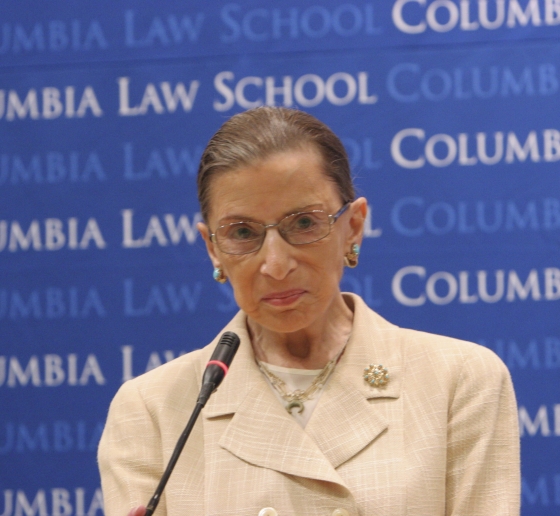Former Clerks Remember Justice Ruth Bader Ginsburg ’59
Five alumni and faculty who clerked for Ginsburg shared their recollections and tributes on the one-year anniversary of her passing.

Below, read more from Professor of Law Kate Andrias; Harlan Fiske Stone Professor of Constitutional Law Gillian Metzger ’96; Supreme Court and Appellate Counsel at the MacArthur Justice Center Devi Rao ’10; Co-chair of the Litigation Department of Wachtell, Lipton, Rosen & Katz William Savitt ’97; and Dean Emeritus and Harvey R. Miller Professor of Law David Schizer.